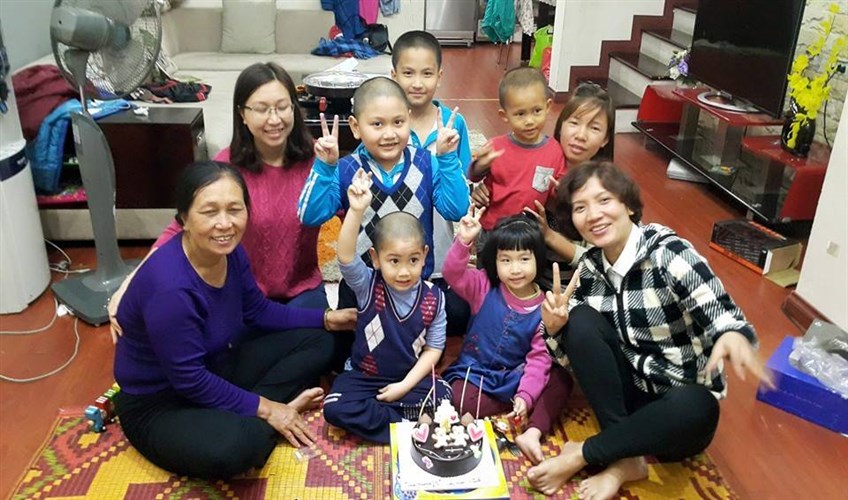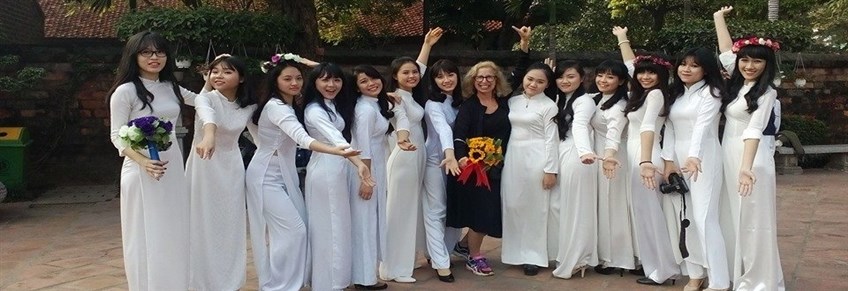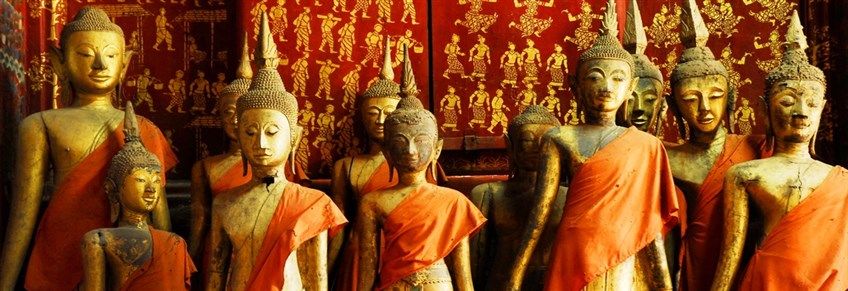There are major differences between family life and responsibilities and Western countries. The principle of the extended family is alive and well in Vietnam. There may be three generations, sometimes even four, living in the family home in Vietnam. That has not been the case in many other countries of the world for decades.
There is an unwritten structure to family life with most members working within the home and on the land in every village in the country. The exception is the elderly who are allowed to ‘’retire’’ yet their opinions carry a great deal of power within the family. Respect for the elderly is central in Vietnamese society and it is rare that other family members will go against the wishes of parents and grandparents.

It is not that younger members of the family are ignored. Respect runs through every level of society. Often some of the family leave home and village to head for the city; there are special occasions in the year, especially Tet, the Vietnamese New Year, when they are likely to return if at all possible. It is important that an extended family can spend at least some time together.
Children certainly regard their mothers as important as their fathers. In some ways that is natural because of the care they get from their mothers. However, in Vietnamese society, and therefore in reality in the family, the man is more important. At Tet, when respect is shown to family and ancestors, it is the male side of the family that takes precedence on the first day; the female side of the family is the second day. The head of the family is always a man.
Each member of the family has a responsibility to all the others. That may come in the form of encouragement but it may also be material help if there is an obvious need or indeed there is a request. In Vietnam, the first people to go to for any financial help are not the financial institutions but the family.
It does not appear that all the family traditions in the Vietnamese culture are being eroded in any way, despite the move of people from village to city.
Vietnamese people recognise nine generations from great, great grandparents to the individual, the fifth generation going down to the individual’s great, great grandchildren, the ninth. The family broadens in that many people have brothers and sisters who themselves have their own relationships. To complicate matters further, a father (tam phu) may be the blood father, your mother’s current husband or an adopted father. The same thing applies to a mother (bat mau).
Even today, the choice of a wife may involve the parents or extended family. It is tradition and elements of superstition may be involved as well’ birth date of the bride for example. It is changing as city life becomes more common but it is unlikely that anyone will go ahead without the approval of the family, especially parents, too often.
Read more: Vietnam lifestyle





















